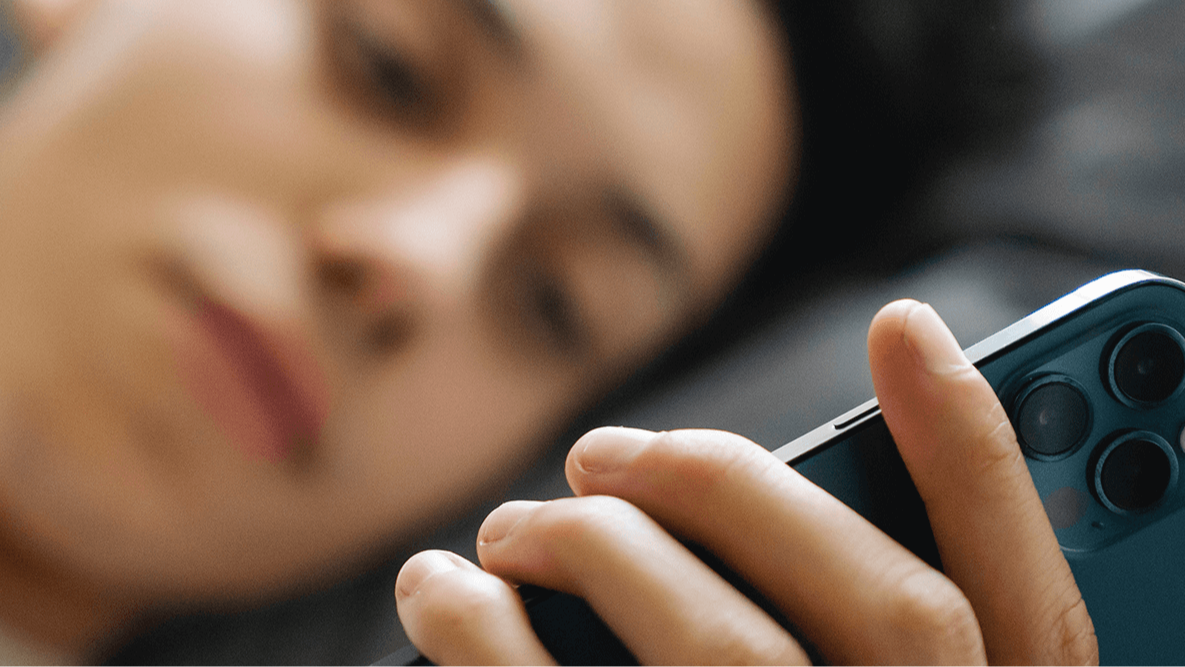Download a new browser







try it out for a year

choose from 7 rolled mattresses

delivered in 48 hours
shop by size
shop by budget
UK's most trusted sleep brand

Handmade in the UK

multi award-winning mattresses
shop by type
buying guides
UK's most trusted sleep brand

multi award-winning mattresses

rigorous safety testing
shop by type
get cosy
UK's most trusted sleep brand

FREE UK delivery over £49

rigorous safety testing







try it out for a year

choose from 7 rolled mattresses

delivered in 48 hours
shop by size
shop by budget
UK's most trusted sleep brand

Handmade in the UK

multi award-winning mattresses
shop by type
buying guides
UK's most trusted sleep brand

multi award-winning mattresses

rigorous safety testing
shop by type
get cosy
UK's most trusted sleep brand

FREE UK delivery over £49

rigorous safety testing
 free delivery over £49
free delivery over £49
 Klarna available
Klarna available
General
5 min read
written by Simon Anthony
updated 16.08.2023

Students up and down the country will receive their GCSE and A-Level results this week and next, leaving many anxiously refreshing their UCAS apps anticipating acceptance and rejection notifications from universities.
And while sleep won’t be the first thing on these student’s minds, it perhaps should be.
The coming days will be anxiety-filled for many as stress levels increase, the quantity and quality of sleep tends to suffer a result.
Getting a good night’s sleep is one of the most important factors in a teenager’s mental, physical and emotional development and is just as important – if not more so – during one of the most stressful times in a young person’s life. When stressed, sleep can become irregular and short, leaving many awake at all hours of the night tossing and turning with anticipation. But sleep and stress are a double-edged sword – a person stressed often can’t sleep and can fall into a cycle of increased anxiety-reduced stress that is difficult to get out of. So here are some tips from our Sleep Expert, Hannah Shore on how students can prioritise sleep the night before exam results day, or any other stressful day, and some helpful insights into why sleep and stress are so intertwined.
For an A-Level student awaiting results day, the UCAS app can be a source of reassurance that gets refreshed on a near-constant basis. The night before exam results day will be no different – in fact, it will probably be most in-demand then.
Many students might even sacrifice their sleep to stay up and stare at a screen, coaxing a notification from their university choices. This, as tempting as it might be, will do more harm than good. Not only do universities only send out notifications in the morning of results day but sacrificing sleep, the night before could induce more stress and make the walk into school to collect results all the more daunting. Teens have a shift in their circadian rhythms which means they tend to sleep later in the night and wake up later in the morning. In the run-up to exam results day, when stress levels will be rampant, teens sleeping much later than they’re used to will throw their sleep cycle off balance. If you are sleeping later, you might not even be getting the ideal 8-10 hours of sleep that’s needed and studies have shown that teenagers who sleep for less time tend to be more stressed, so prioritising having a full night’s sleep the night before results day is one of the best modes of preparation for receiving results – good or bad.
As well as refreshing the UCAS app, some students attempt to revisit all the exams they’d sat two months before; counting marks in their head, trying to remember which questions they missed, hoping that they hadn’t accidently misspelt their name – a paranoid, stress-induced, activity that will no doubt worsen the closer and closer they get to falling asleep. By doing this, students will trigger their body’s stress response. When a stressful stimulus is sensed, the body will increase its production of cortisol (a wake-promoting hormone), thinking it’s daytime and that you need to be awake. Trying to get some sleep after this will only make a person more restless.
To counter this, consider spending the evening only consuming relaxing content. Try a movie night with friends or family, reading a book, listening to music, or meditating – They’ll all do the trick.
Schools open their doors from 8am on results day to welcome students to collect their grades, but that doesn’t mean you have to be. As mentioned earlier, teenagers are natural night-owls and will sleep later in the night (Midnight – 2am) and wake up later on in the morning (9am-10am). This shouldn’t be any different on exam results day. Have a lie-in, have a nice breakfast and head to school to collect your results when you’re ready. This is an incredibly stressful and exciting part of your life, so it’s important to ensure you have the right amount of good-quality sleep to help you deal with all the emotions you may be feeling on that day.
Stress and sleep have a reciprocal relationship where increased stress can decrease sleep quality and decreased sleep can lead to an increase in stress. And this is especially common in teenagers.
When you’re stressed, your body produces stress hormones like cortisol and adrenaline. Cortisol and Adrenaline are both wake-promoting hormones and while we do have natural levels of these chemicals in our system throughout the day to help us function, if these are present at night then it can stop the sleep promoting hormones from being produced and make it more difficult for us to fall asleep.
When we’re stressed the body produces more cortisol at the wrong time of the day (e.g. just before bed) and your body is told not to sleep – and so the cycle begins.
Those pre-exam results jitters are natural and we’ll never get rid of them completely. But prioritising a good night’s sleep in the run-up to receiving them could work wonders and prepare you to deal with the next step of your academic journey.
You can find out more about getting the best night’s sleep by visiting our wellbeing blog.
Add another item to compare
Add another item to compare
Add another item to compare
Add another item to compare